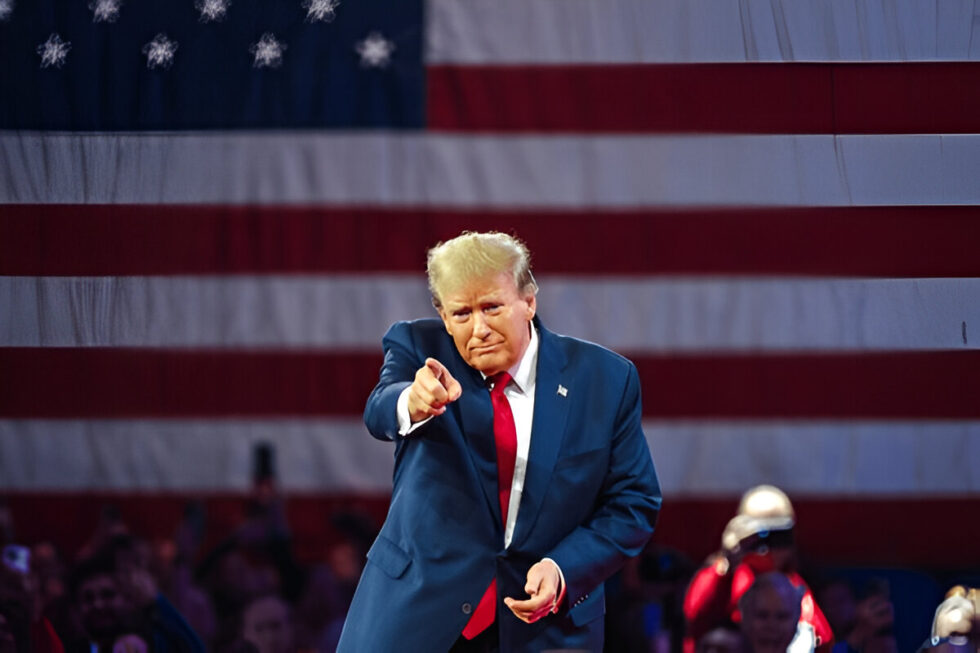
A High-Stakes Push to Rewrite Legislative Groundwork
The House Republican leadership is currently in an accelerated effort to revamp a sweeping policy bill, attempting to gather enough support to secure passage amid widening internal fractures. This push reflects a broader struggle within the party as key factions compete to imprint their ideological mark on legislation that could shape federal governance for years to come.
The original bill, touted as a cornerstone of the G.O.P.’s legislative agenda, has undergone multiple revisions, indicating both the ambition and volatility of the effort. As the clock ticks toward legislative deadlines, G.O.P. leaders are navigating sharp demands from hardline conservatives, moderate Republicans, and powerful lobbying forces.
Contentious Amendments Complicate Consensus Building
The bill, originally conceived to streamline government operations and reduce regulatory burdens, has been splintered by amendments that touch on contentious issues such as immigration enforcement, federal budget caps, energy deregulation, and public health funding.
Hard-right Freedom Caucus members have pressed for deep spending cuts and aggressive rollbacks of executive authority, while centrist Republicans from swing districts are warning that extreme provisions could alienate key voter blocs ahead of the 2026 midterms. These divergent positions have forced House Speaker and committee chairs to rework legislative language in near real-time.
Behind-the-Scenes Negotiations Intensify
In an effort to secure the necessary votes, G.O.P. leadership has convened closed-door meetings, floated trial amendments, and made concessions on policy riders. Key figures in the process include the House Majority Whip, tasked with counting and corralling votes, and the Chair of the House Rules Committee, who is working to structure debate parameters that can hold the fragile coalition together.
One source close to the negotiations revealed that several swing-vote lawmakers have demanded sunset clauses on controversial provisions as a condition for support. These include sections affecting Medicaid funding caps and federal oversight of education standards.
Democratic Opposition Looms Large
While the G.O.P. continues its internal negotiations, Democrats have mounted a coordinated opposition campaign, highlighting what they call the bill’s “extreme provisions.” House Minority Leader has stated that the current draft would “undermine the social safety net and gut regulatory safeguards that protect everyday Americans.”
Democratic committee members have already prepared counter-analyses and press releases targeting vulnerable Republican districts, aiming to shift public opinion against the bill.
Key Policy Areas at the Center of the Fight
1. Budget Cuts and Fiscal Discipline
The revised draft includes over $700 billion in proposed spending reductions over the next decade, targeting agencies such as the EPA, Department of Education, and Centers for Disease Control and Prevention. Fiscal conservatives are pushing for these cuts as necessary steps to curb the federal deficit, but others warn of economic fallout and service disruptions.
2. Immigration and Border Security Provisions
Another flashpoint is the inclusion of immigration restrictions, including mandates for E-Verify use by employers, increased funding for border wall infrastructure, and reductions in asylum eligibility. These measures are championed by security-focused lawmakers but have drawn criticism from both moderates and immigration advocates who label them legally risky and morally fraught.
3. Energy Independence and Environmental Rollbacks
The bill proposes substantial changes to federal energy policy, including expedited approval for fossil fuel projects, reductions in EPA enforcement powers, and curbs on renewable energy subsidies. These provisions have garnered the support of industry groups but are likely to provoke legal challenges and backlash from environmental organizations.
4. Health and Welfare Restructuring
Among the most controversial components is the restructuring of federal health programs. The bill seeks to implement block grants for Medicaid, impose work requirements for SNAP (Supplemental Nutrition Assistance Program) recipients, and reduce funding for mental health services. These changes are expected to affect millions and are being closely scrutinized by public health advocates.
Leadership Faces a Defining Moment
The outcome of this legislative effort will likely define the credibility and cohesion of the House G.O.P. going into the next election cycle. Failure to pass the bill could expose leadership weaknesses and deepen rifts, while success may consolidate political capital and reinforce strategic messaging.
With outside groups mobilizing, media scrutiny intensifying, and committee deadlines looming, the stakes have rarely been higher. The Republican Party is not only legislating but also auditioning its vision of governance for the American public.
Implications for Voters and the 2026 Election Landscape
Should the bill pass in its current or slightly altered form, it will reshape how voters view the party’s priorities. Swing state voters, particularly in suburban districts, could be swayed depending on how these reforms impact their lives directly — especially in areas like education, healthcare, and energy prices.
Democrats are poised to use any passed measures as campaign fuel, arguing that the G.O.P. is out of touch with working-class Americans. Meanwhile, Republican strategists believe a successful bill could rally the base, portray unity, and emphasize discipline and bold leadership.
Conclusion: A Race Against Time and Ideological Gravity
The House G.O.P.’s efforts to overhaul a pivotal policy bill exemplify both the ambition and challenges of contemporary conservative governance. As negotiations continue and the final shape of the bill remains uncertain, what’s clear is that the outcome will have far-reaching consequences for both the political and legislative landscape of the United States.
The race is not merely to pass a bill—but to define the Republican Party’s vision for the country in a deeply divided political era.







